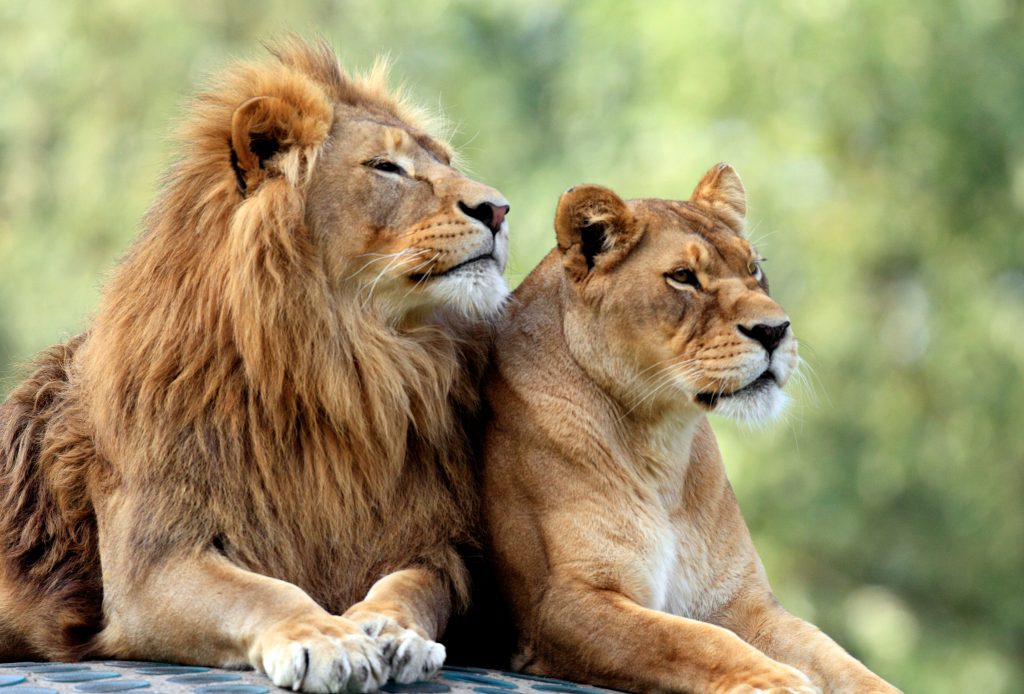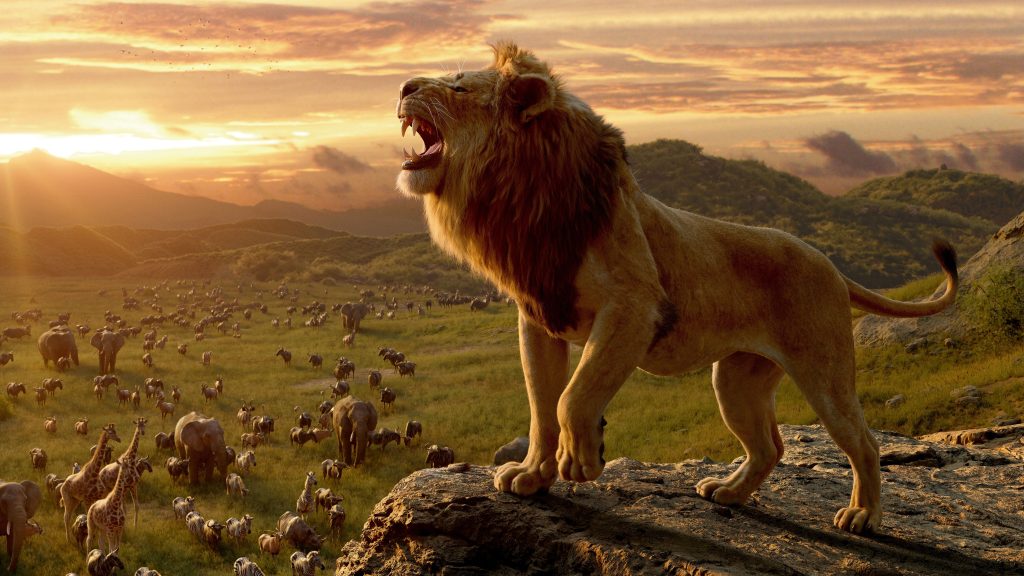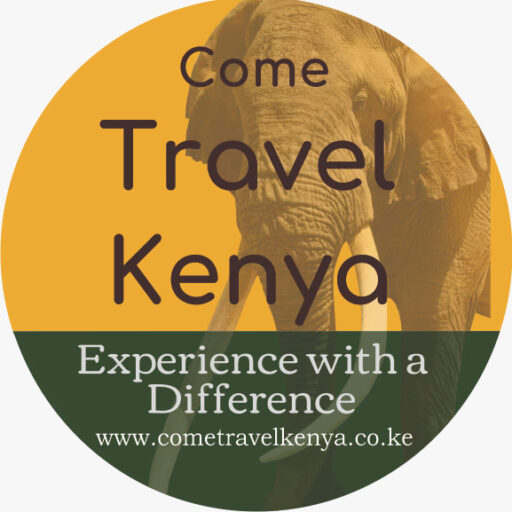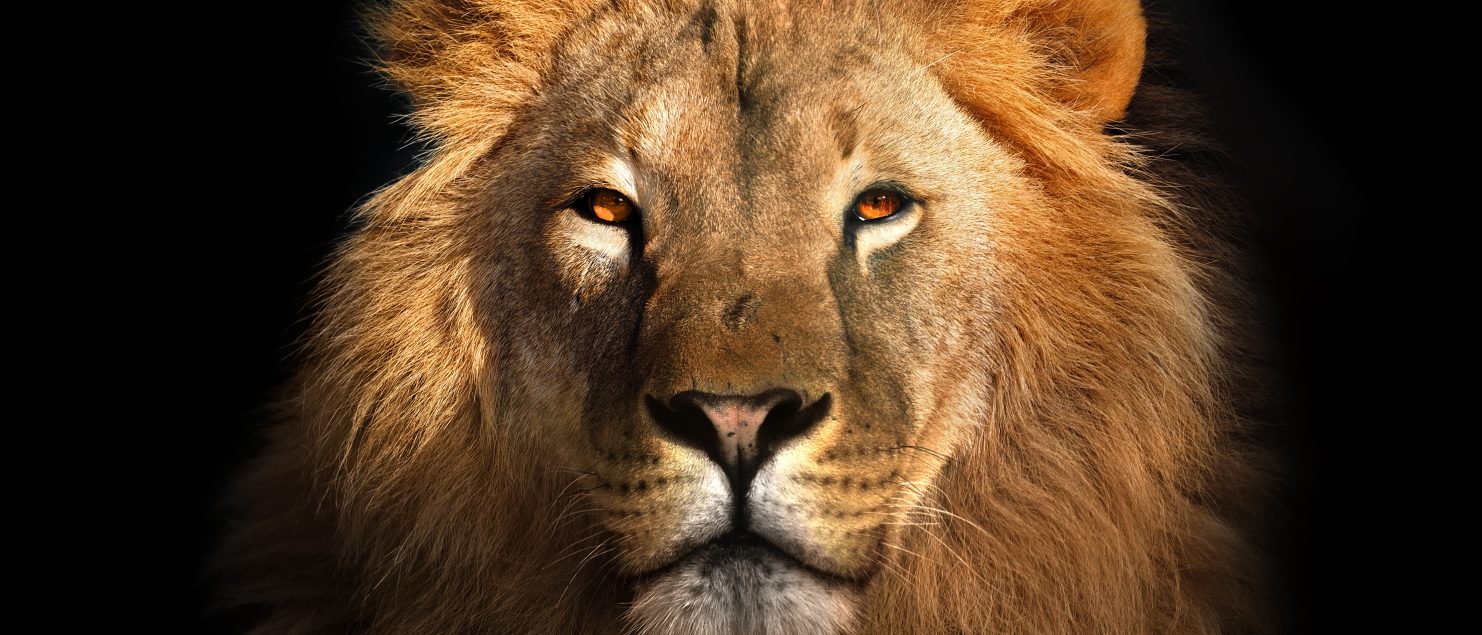Visit the Home of Lions: How Kenya has Increased the Lion Population by 25%.
If you have not woken up by the roar of a lion, you don’t know what you are missing. I mean, the adrenaline, the awe, the majesty, and all the saltiness of listening to a lion send waves of chills across the Savannah. It is epic. The first time I listened to the roar of a Lion, my stomach rumbled in fear and excitement. It is an experience like no other.
Kenya prides itself in having the largest population of Lions in Eastern Africa. As it is at the moment, the population has increased by a whopping 25% since 2010. This is a result of deliberate efforts to conserve, breed and expand the population by the government and the communities around savannas.
Here is how Kenya has managed to beat Lion extinction.
Conservation Efforts and Protected Areas

Kenya has established National Parks and Wildlife Reserves where lions are protected from poaching and habitat loss. Actually, Kenya has over 50 Parks and Conservancies. If you have only been to Maasai Mara, Amboseli, and Tsavo, it’s time to explore the remaining 47. Won’t that be an extreme Safari? These protected areas provide safe spaces for lions to thrive. Come Travel Kenya will organize an extreme lion Safari, during the day or night and you can see prides hunting.
Community-Based Conservation
Did you know the Maasai Moran has to kill a lion on his own to be declared a real man after circumcision? This was a reason behind the decrease of the lion population in the past but not anymore. Lion hunting and killing for cultural purposes and sport is currently illegal in Kenya. Instead, involving local communities in lion conservation is crucial.
Community-based conservation initiatives have included incentives for local people to protect lions and their habitats. These, involve programs that provide benefits to communities in exchange for supporting lion conservation efforts.
Anti-Poaching Measures
Poaching is a significant threat to lions due to the illegal trade of their body parts. Kenyan authorities have been working to strengthen anti-poaching measures, including increasing patrols, using technology like cameras and drones for surveillance, and implementing stricter law enforcement. The lion gear worn by elders as a sign of bravery has been replaced with other ornaments. The cultures stay strong, only without poaching. Come Travel Kenya will show you around when you visit.
Human-Wildlife Conflict Mitigation

As human populations expand and encroach on lion habitats, conflicts can arise due to livestock predation. Implementing methods to reduce conflicts, such as improved livestock husbandry practices, building predator-proof enclosures for livestock, and providing compensation for livestock losses, has helped foster better coexistence between lions and local communities. If you are a nature enthusiast, Kenya provides you with an opportunity to exercise your passion by participating in educating communities about the importance of peaceful coexistence with the wild.
What do you think? Should Come Travel Kenya engage you?
Translocation and Reintroduction
In some cases, lions that are at risk due to habitat fragmentation or conflict may be translocated to other suitable areas. Reintroduction programs carefully select release sites and monitor the lions’ adaptation to their new environment. There are also breeding parks and genetic improvement techniques. Come do your research in Kenya and be a part of these programs.
Research and Monitoring:
Ongoing research and monitoring of lion populations help conservationists understand their behavior, movements, and health. This information is critical for making informed decisions about conservation strategies. Kenya often collaborates with non-governmental organizations (NGOs) and international conservation groups to implement effective strategies for lion conservation. These organizations bring in expertise, funding, and resources to support local efforts. Strong legal frameworks and policies related to wildlife conservation and anti-poaching are essential for protecting lions and their habitats. Kenya’s government works to enforce laws that safeguard wildlife.
You can be a part of these through tourism and safaris with a goal to conserve and increase the lion population. Come Travel Kenya is here to aid you.

